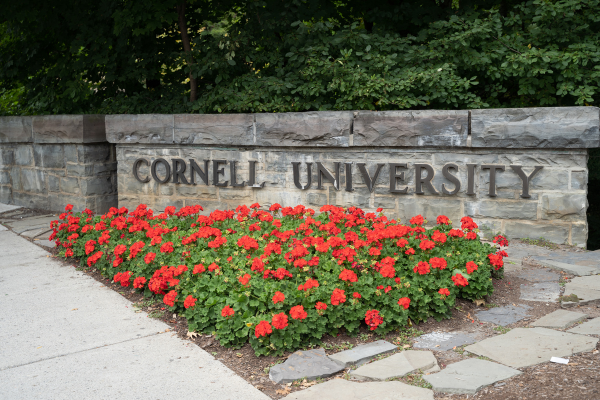‘It’s coming down because we wanted to take this into our control.’
By Shula Rosen
Unlike other anti-Israel activists who are refusing to vacate campus areas without harsh demands for concessions, Cornell University protesters are voluntarily dismantling their encampment ahead of graduation ceremonies with minimal conflict.
Cornell protesters’ decision to dissolve their encampment comes as their University President, Dr. Martha Pollack, announced that she is stepping down, adding that her decision to leave her position was “mine and mine alone.”
Unlike other schools, Cornell had no deals to negotiate divestment from Israel, and the administration didn’t need to call in the police to make arrests.
Cornell’s chapter of Students for Justice in Palestine announced on Instagram Monday, “Our Liberated Zone is closing, but the fight continues.”
No details were provided about what led to the decision. Still, there was an implication that the group wanted to leave on their terms rather than be forced into a face-off with the administration or face disciplinary actions.
Sivan Gordon-Buxbaum, a Cornell alum and member of the anti-Zionist group Jewish Voice for Peace, said, “It’s coming down because we wanted to take this into our control.”
We are making the choices, and we don’t want to be at the whim of the administration,” Gordon-Buxbaum added. “So this is us being like, this is our choice. We’re taking this down. It will give us an opportunity to regroup, refocus, restructure, potentially in preparation for next fall.”
This is in stark contrast to Harvard University, where anti-Israel activists decided to take down their encampment only after they compelled their interim President, Alan Garber, to discuss possible divestment from Israel.
Garber filled the role of Harvard University president after the resignation of Claudine Gay this past winter following the controversial testimony before Congress on Harvard’s policy on campus antisemitism.
Other encampments were dismantled following mass arrests and threats of disciplinary action, including the University of Southern California, where there were over 100 arrests.
